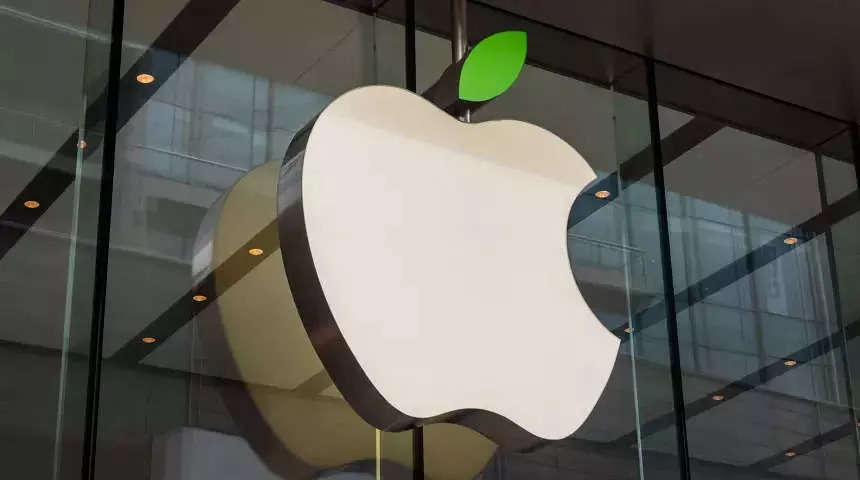Apple Inc. to manufacture iPhone 14 in India


About two months after the product’s initial release in China, Apple Inc. intends to start producing the iPhone 14 in India, reducing the gap between the two nations but not closing it.
According to reports, the company has been collaborating with suppliers to increase manufacturing in India and reduce the customary six to nine-month production delay for new iPhone launches. Due to tensions with the US government and nationwide lockdowns imposed by Xi Jinping’s government which have hindered economic activity, Apple, which has historically produced the majority of its iPhones in China, is looking for better alternatives.
The new iPhone is expected to ship from both nations at about the same time, according to analysts like Ming-Chi Kuo of TF International Securities Group. This would have been a significant milestone for Apple’s efforts to diversify its supply chain and increase redundancy.
According to the people, who declined to be named because the work is classified, Foxconn Technology Group, the main producer of iPhones, looked into the logistics of importing parts from China and constructing the iPhone 14 handset at its plant outside of Chennai in southern India. That meant considering how to uphold Apple’s strict secrecy standards. After the original release in September, they predicted that the first iPhone 14s from India will likely be finished in late October or early November. Diwali, which starts on October 24, is a lofty goal, according to reports.
Matching China’s rate of iPhone manufacturing will be a significant accomplishment for India, which has been praising its appeal as a substitute at a time when ongoing Covid lockdowns and US sanctions threaten China’s status as the world’s leading manufacturing unit. Meeting Apple’s infamously strict schedules and quality requirements, along with collaboration between hundreds of suppliers, is frequently required while assembling iPhones.
However, there was never a formal plan for Apple and Foxconn to start manufacturing simultaneously in India this year. One of the insiders said Apple intended to concentrate on bringing the China operations up to speed first before working out the India manufacturing to ensure a seamless launch.
In 2017, Apple’s partners started producing iPhones in India, marking the beginning of a multi-year project to develop the nation’s manufacturing capacity. The 1.4 billion-person nation serves as a backup to its current operations and is a promising consumer market. Additionally, the Modi administration has provided financial incentives for tech production through its Make in India program.
Apple has reportedly been concerned about another possible weakness for product secrecy: Indian customs officers, who typically inspect shipments to verify that imported materials match their declarations.
Supply-chain issues would have prevented a simultaneous launch, even if Apple and Foxconn had wanted to do so. Multiple waves of lockdowns in China, the country from where many iPhone components are sourced, have made it more difficult to move parts through the nation.
DISCLAIMER: The author is solely responsible for the views expressed in this article. The author carries the responsibility for citing and/or licensing of images utilized within the text.
